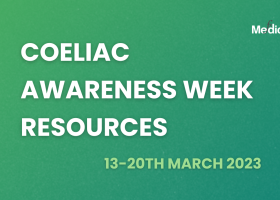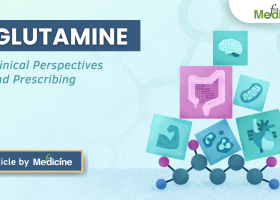13th through 20th of March is Coeliac Awareness Week in Australia. With 1 in every 70 Australians being affected with Coeliac Disease and 80% of those affected remaining undiagnosed, it is important for us as practitioners to always keep this condition in mind as a possible differential diagnosis.
As the most abundant and versatile amino acid in the human body, glutamine supports an impressive variety of biological functions.
Spotlight on S. boulardii, a probiotic lauded for its benefits in reducing gut inflammation, and for the treatment and prevention of diarrhoea-associated conditions including traveller’s diarrhoea.
A closer look at the rationale for calcium requirements and supplementation across the lifespan, as well as the role of calcium D-glucarate and its unique role in hormone regulation.
Phosphatidylcholine (PC) is a phospholipid integral to maintaining the structure and fluidity of a cell membrane.
Histamine intolerance (HIT) continues to be a topic of in-creasing clinical interest with scientific research continuing into its prevalence, aetiology, pathophysiology, clinical presentation, and comorbidities along with the most appropriate therapeutic assessment and management strategies.
Liposomal formulations: Exploring the advanced nutrient delivery system
The Bi-directional Relationship between Sleep, Immunity and Infections








